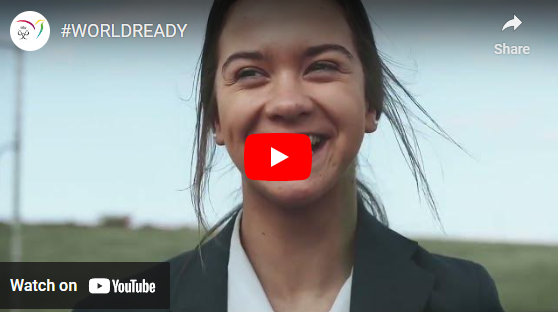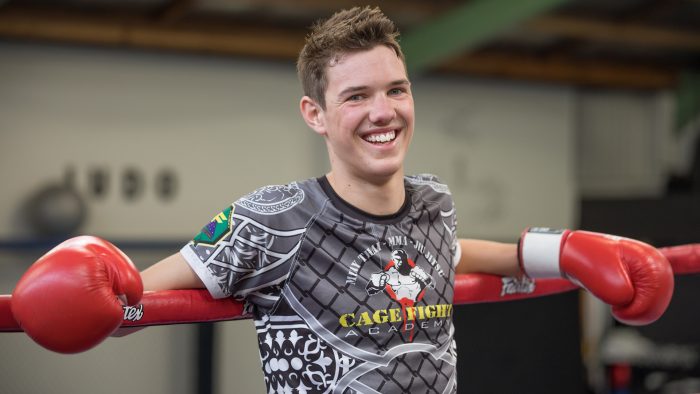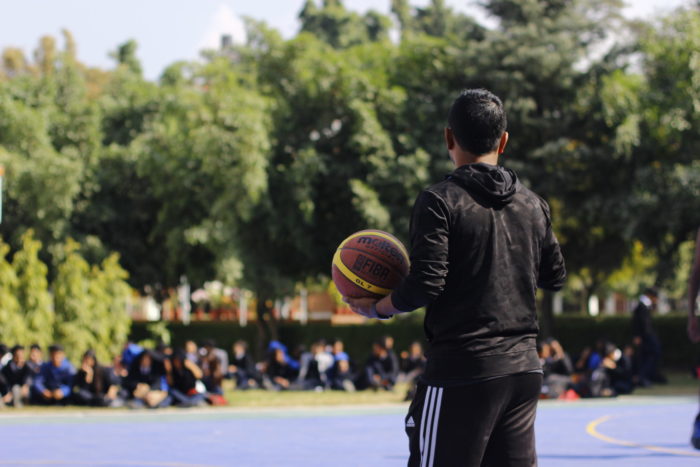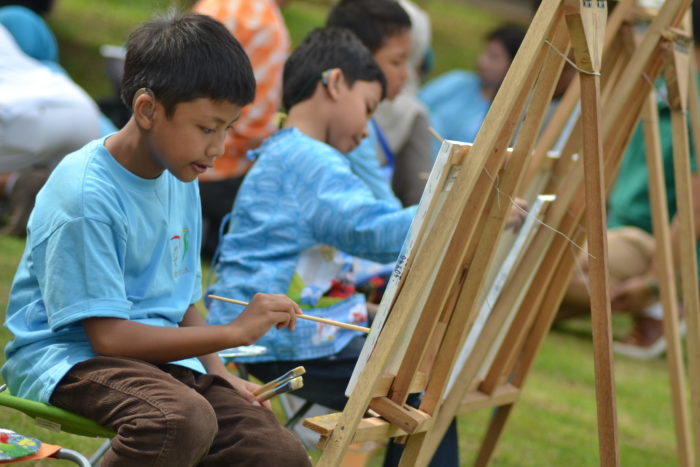What is The Duke of Edinburgh’s International Award?
The Duke of Edinburgh’s International Award (the Award) is a Non-Formal Education and Learning framework supporting young people to find their purpose, place and passion in the world.
In more than 120 countries, our globally recognised accreditation is available to all 14 to 24-year-olds, inclusive of all backgrounds, locations, cultures and abilities.
Through the programme, each young person becomes part of something special while developing their individual interests, universal skills and life ambitions.
Founded in 1956, the Award highlights the value of Non-Formal Education and Learning. Today there are consistently over a million young people taking on the Award’s challenge to believe in the power of their potential, make a difference in their community and take control of their future.
The result? Entire generations of innovators and changemakers who are truly world-ready.
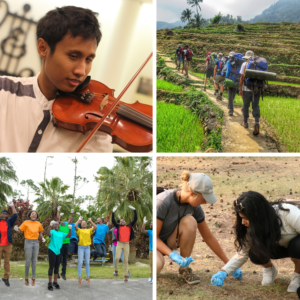
How does the Award work?
Using the Award framework and with the support of adult volunteers, young people develop their own bespoke programme, as they work towards achieving the internationally recognised Bronze, Silver and Gold Awards.
There are four sections designed to provide a balanced programme of personal development and challenge. At each level, young people must commit to completing a minimum period of participation for each of the sections, encouraging commitment and resilience, whilst also developing positive habits for the future.
There is also an additional requirement to complete a Gold Residential Project at the Gold level. The aim of this section is to broaden experience through living and working with others.
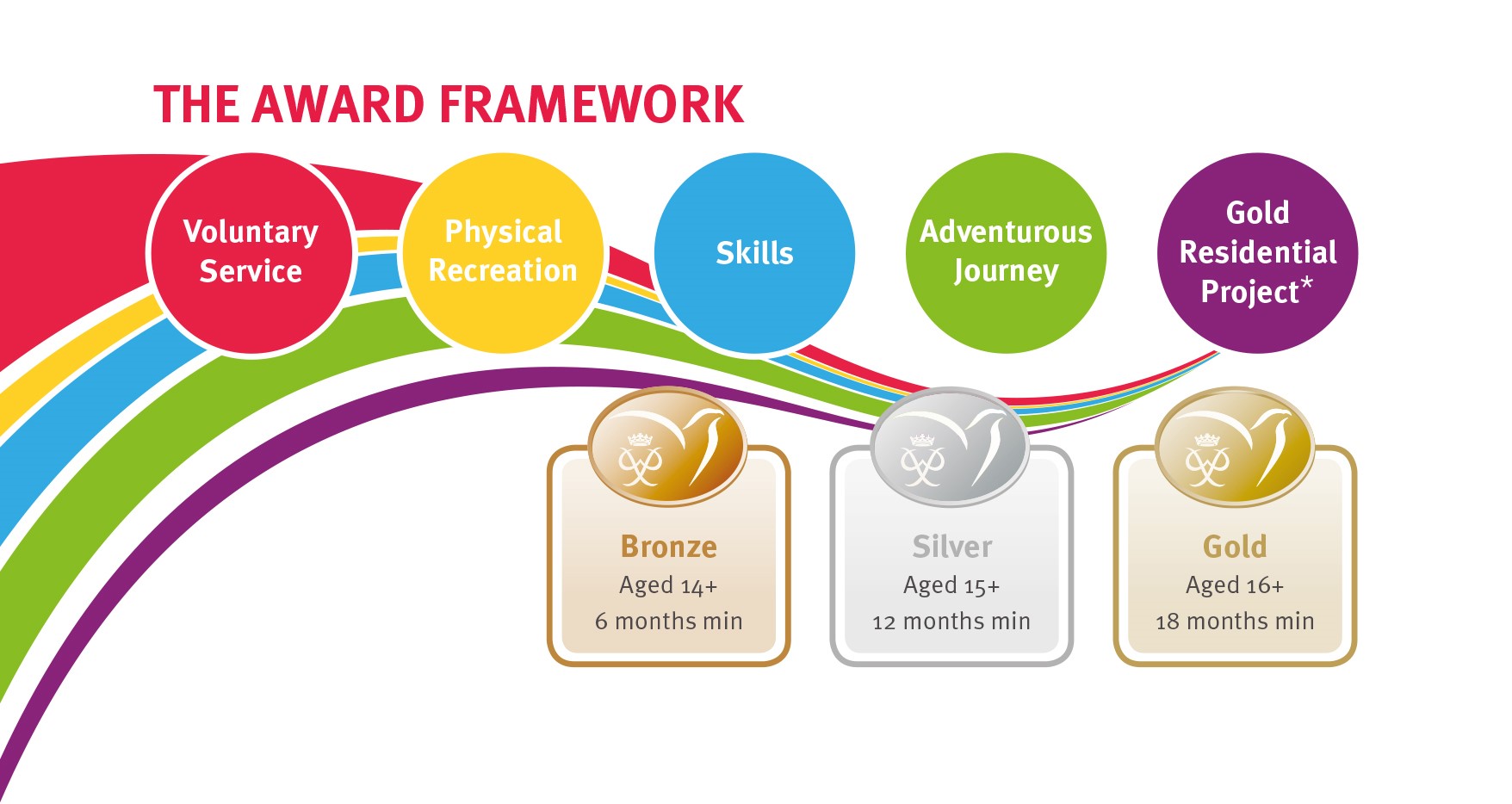
Delivering the Award
Every day, hundreds of thousands of dedicated people help to deliver the Award around the world. They do this through a simple but effective social franchise model run by us at The Duke of Edinburgh’s International Award Foundation – the body which supports Award activity around the world. The Foundation is at the heart of the Award and licences and supports its global growth.
In many countries the Award is delivered via licensed National Award Operators. In countries where a National Award Operator (NAO) is not present, it is delivered through Independent Award Centres (IACs) or Operating Partners (OPs), licensed directly by the Foundation.
Discover the Award near you
The Award operates in more than 120 countries and territories around the world. Click here to find the Award near you.
Why now?
Formal education is vital in helping young people to arm themselves with the skills and knowledge needed to navigate the world of tomorrow. But not all learning happens in the classroom. Formal education alone is not enough to ensure they have the skills to tackle life’s many challenges head on.
More than ever, local communities, global economies and the planet as a whole needs innovators and changemakers who are truly world-ready.
While access to formal education is vital, many of life’s greatest lessons happen beyond the classroom.
The Duke of Edinburgh’s International Award gives young people the chance to discover exactly that.




